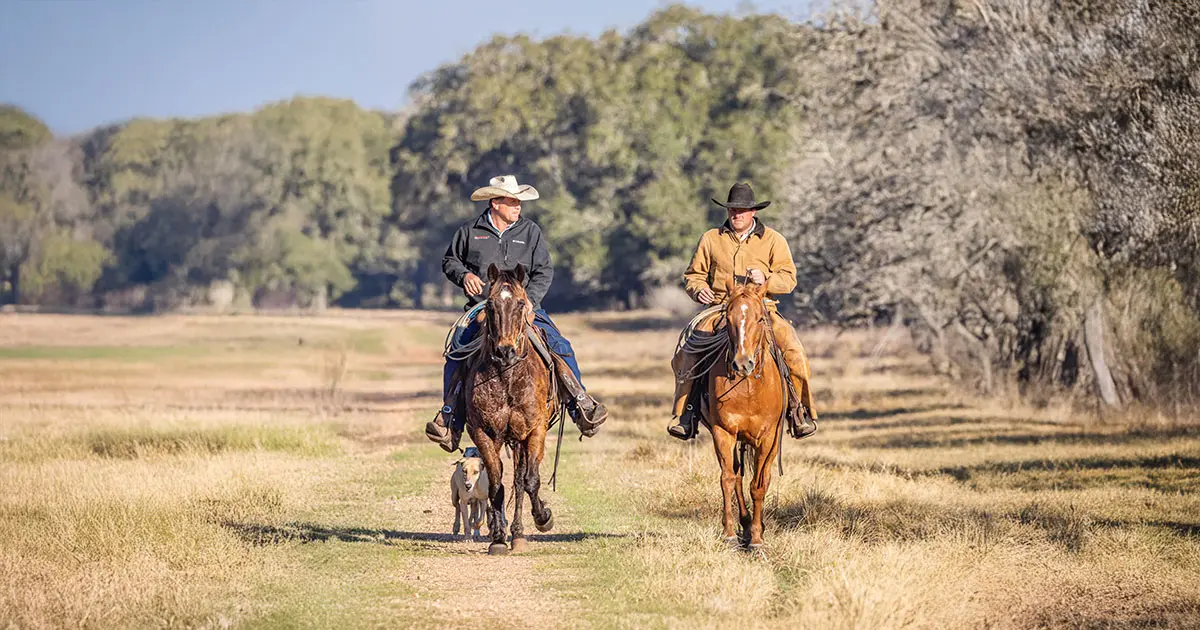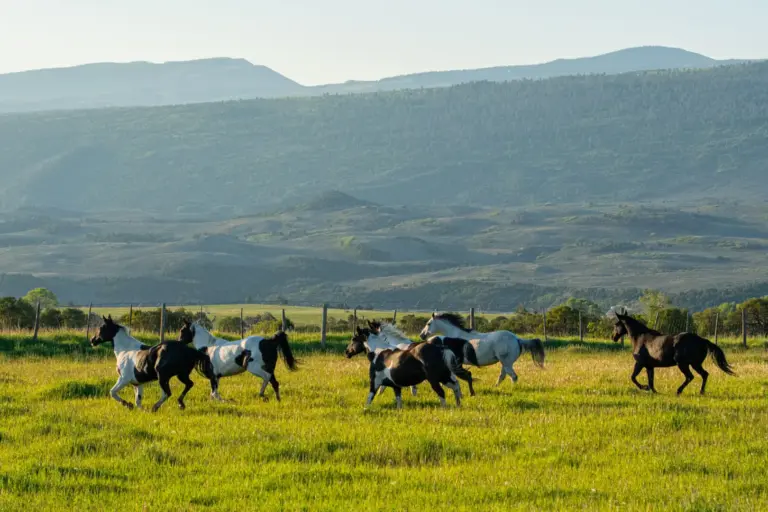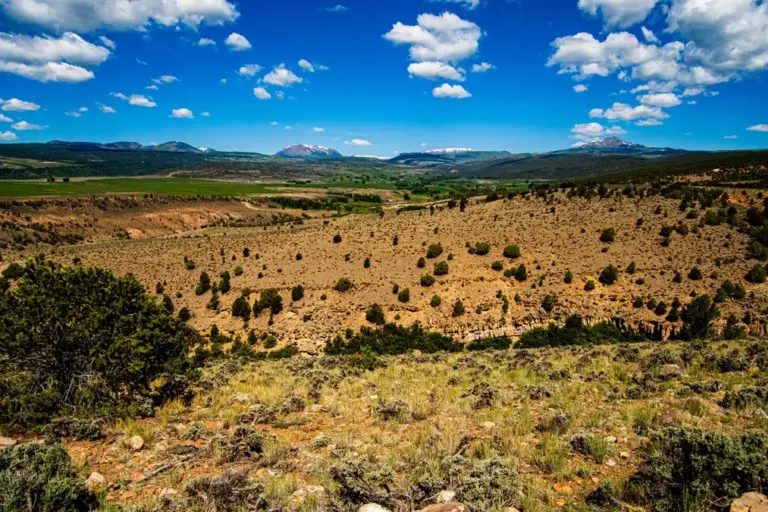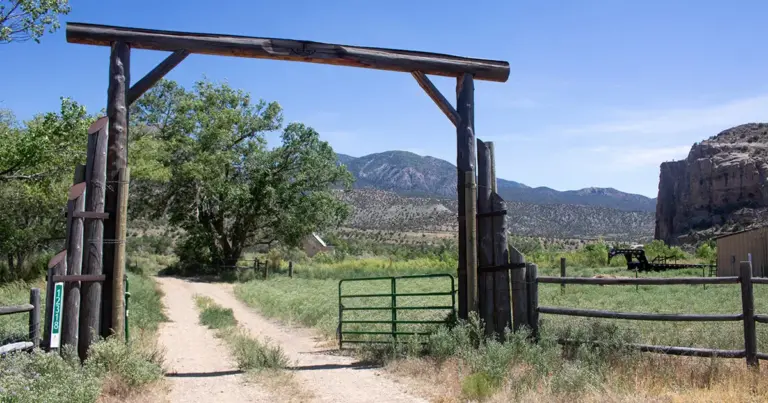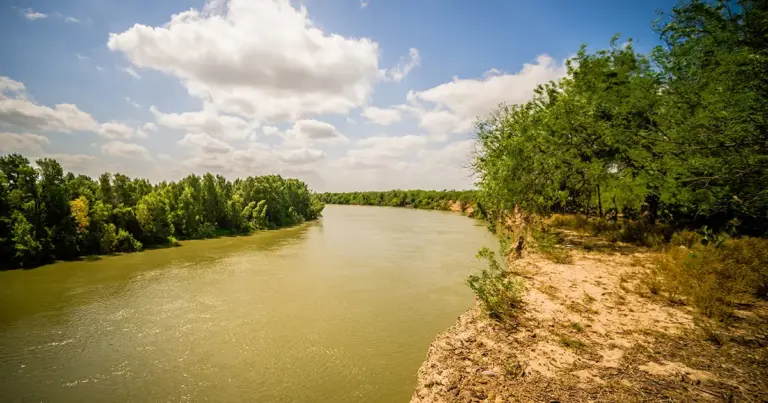Buying a Texas ranch is considered a complex acquisition that includes water and mineral law, tax strategy, wildlife management, operations planning, and specialized contracts. Ranch real estate transactions are significantly different from a regular residential purchase or sale. If you are considering this type of property, working with a ranch real estate professional is necessary especially if the transaction involves cattle, wildlife, family legacy, or conservation.
A true ranch specialist brings significant added value, especially when it comes to Texas-specific land acquisitions.
1) Translating Texas Law and Policy into Practical Deal Terms
Water is two legal worlds in Texas.
Surface water (in rivers, creeks, and lakes) is owned by the State and typically requires a permit from the Texas Commission on Environmental Quality (TCEQ) for uses beyond limited domestic/livestock exemptions.
Read more here: https://www.tceq.texas.gov/permitting/water_rights/wr-permitting/
Groundwater under your land is governed by the “rule of capture,” but local Groundwater Conservation Districts (GCDs) can regulate spacing, production, and well permitting. An expert will identify which situation applies on a given tract, whether you’ll need a TCEQ right, and which GCD’s rules you must follow if you intend to drill, irrigate, or expand operations.
Read more here: https://texaslivingwaters.org/groundwater/the-basics-of-groundwater-law-in-texas/
Minerals and surface use are separate estates.
In many Texas deeds, the mineral estate can be severed from the surface and is legally “dominant,” meaning he rights of the mineral owner must supersede the rights of the surface owner. A knowledgeable broker will investigate the title history, negotiate surface-use protections, and coordinate the correct title endorsements.
Farm & ranch contracts are different from residential contracts.
Texas uses promulgated forms for farm and ranch deals that include specialized provisions and optional addenda as environmental applications, wetlands or mineral reservations. A ranch agent will know when to deploy them, how to tie your inspections, and how to reflect other assets like feeders or exclude them completely.
Fence, livestock, and liability rules vary.
Texas remains largely “open range” unless made “closed range” by statute or local stock laws. Fencing and road-livestock liability can change by county and roadway. Ranch pros help you confirm local rules, evaluate existing fences, and set up compliant signage under the Texas Farm Animal Liability Act if you host guests or hunters.
Learn more: https://texasfarmbureau.org/wp-content/uploads/2017/02/FiveStrands_Bradbury-min.pdf
Property tax valuation.
Texas’s open-space (1-d-1) agricultural designation can dramatically reduce annual taxes but comes with qualification and intensity-of-use standards. Converting to wildlife management valuation is possible with a written plan and mandatory practices. If ag use ceases or land use changes, a three-year rollback tax can be triggered. A savvy agent coordinates with your tax advisor to preserve or obtain the valuation.
Read more: https://tpwd.texas.gov/faq/huntwild/tax_valuation.phtml
2) Targeting Land That Actually Fits Your Program
A ranch expert looks beyond acreage and views:
- Carrying capacity & water security: They read soils, precipitation patterns, and well logs alongside district rules, then match that to your cattle or wildlife plan and budget for supplemental water. If your vision needs surface diversions or lake pumps, they’ll flag whether a TCEQ permit or metering/reporting applies.
- Mineral & pipeline impacts: They check for severed minerals, active or dormant leases, and recorded pipeline/utility easements, then include surface protections and title endorsements into the offer.
- Wildlife valuation potential: If you want to shift from traditional ag use to wildlife management, they’ll confirm eligibility and offer a TPWD-compliant plan.
3) Programs That Pay You to Do Things You Want Anyway
Texas landowners routinely stack federal conservation dollars with state wildlife valuation:
- NRCS EQIP & CSP. These programs can cost-share water, cross-fencing, brush management, range planting, and more—boosting carrying capacity and habitat while offsetting capital outlays. A ranch expert will inform local NRCS staff early so your improvements align with reimbursable practices and timelines. https://www.nrcs.usda.gov/programs-initiatives/environmental-quality-incentives-program
- Wildlife management valuation. With the right plan and practices (varies by ecoregion), you can reduce taxes while improving habitat. A specialist knows what your county accepts and how to document it. https://tpwd.texas.gov/landwater/land/private/agricultural_land/
4) Reducing Post-Closing Liability
- Signage and guest management. If you’ll host riders, hunters, or agritourism, your broker will coordinate Farm Animal Liability Act signage and waivers as appropriate.
- Road & fence exposure. They’ll confirm whether your county/road segments impose closed-range duties (fence-in) versus traditional open-range, and help you budget fence upgrades accordingly.
- Mineral conflict planning. Expectation-setting around potential surface use and ensuring title coverage against damage to improvements from mineral operations can save many headaches.
5) Speed, Access, and Quiet-Market Inventory
The best ranch agents live on the phone with neighboring owners, lenders, title officers, surveyors, wildlife biologists, and NRCS planners. That network means:
- Earlier looks at off-market or pre-market ranches that fit your water, habitat, and access criteria.
- Faster diligence because their team already knows which surveyor can get to a 3,000-acre boundary sooner, and which GCD expert to call about meter rules.
- Cleaner closings because the contract, addenda, endorsements, and tax documentation were set up correctly from the start.
Texas ranches reward buyers who respect the state’s unique rules and traditions. A dedicated ranch real estate professional doesn’t just “find land” but helps orchestrate a transaction that leaves both parties confident and satisfied. That’s how you turn a land tract into a financially sound Texas ranch.
UC RANCH PROPERTIES AGENTS AND BROKERS
Focused on delivering clients superior representation in all types of specialized ranch property matters, our UC Ranch Properties team of experienced brokers and agents don’t just sell ranches, they live and understand ranching and the ranch lifestyle. Find your agent here.
